
The tense relationship between the U.S. and China is all the more reason why Americans should go to China and study the language and culture.

The tense relationship between the U.S. and China is all the more reason why Americans should go to China and study the language and culture.

Thousands of acres of the reputedly wild Rhone River delta are cultivated in rice, but the number of acres has declined.

From the beginning, the generation of Americans born between 1946-64 has made their presence felt. It's no surprise they continue to do so today.
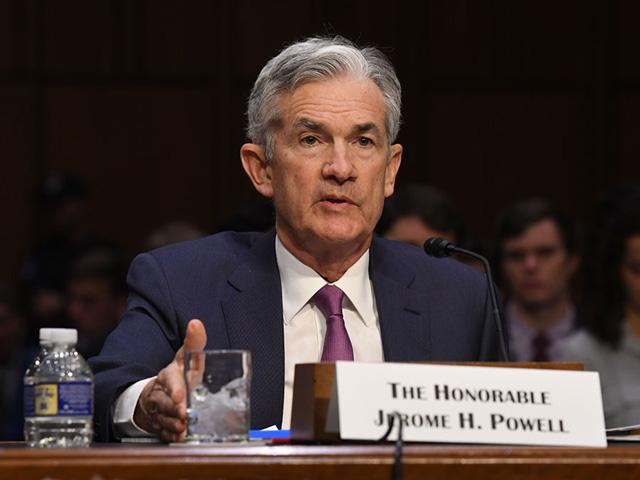
Thoughts on why the plans being drawn up by Trump advisors to undo the Federal Reserve's independence are a bad idea.

The U.S. won World War II in large part because of its ability to out-manufacture its enemies. Today China is the world's manufacturing powerhouse.
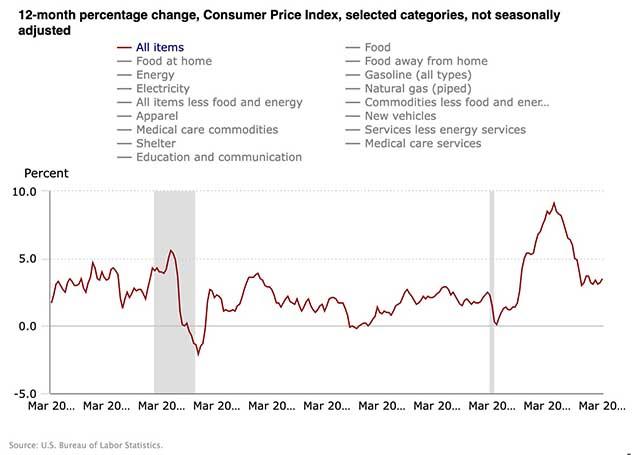
The year began with Federal Reserve officials projecting interest-rate cuts this year. Surprisingly stubborn inflation and a surprisingly strong labor market have put rate cuts on hold.

Tobacco and alcohol can't be purchased with food stamps. Sodas can. A Congressman who's a physician wants to change this.
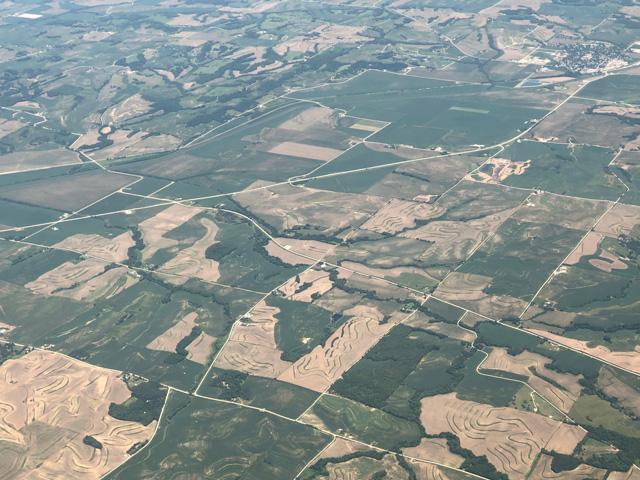
Judging from the headlines, you might think the U.S. is souring on foreign investment. The statistics tell a different story. But there are special cases.
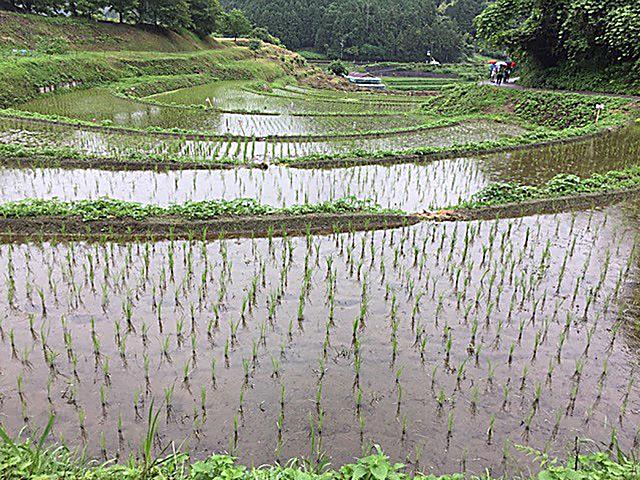
Big international and domestic uncertainties face Japan, which despite being overshadowed by China, Mexico and Canada remains a big market for U.S. agricultural exports.

More employees are being required to spend at least part of their time in the office, but a lot of people still work remotely full time. That's good for rural America.
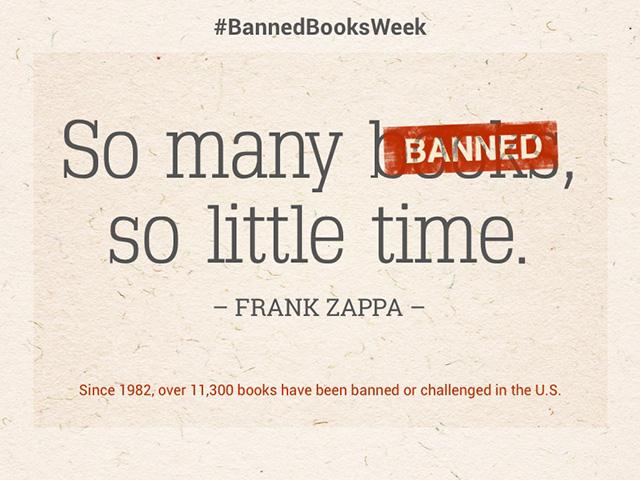
Book banning is booming these days. A neighborhood book group in Vancouver, Washington, is reading some suppressed titles and weighing the pros and cons.
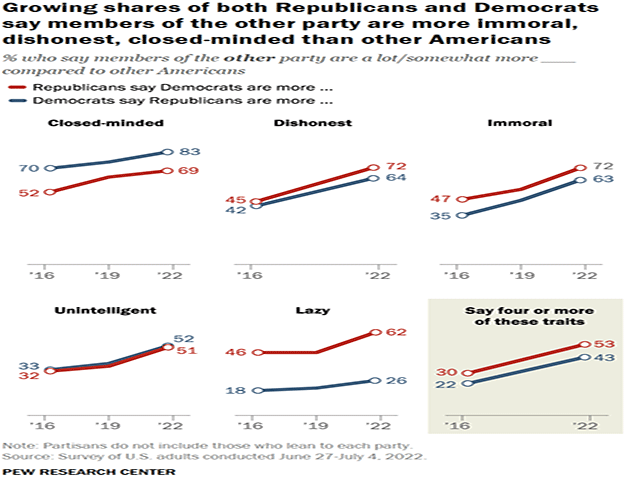
In response to political polarization, bridging groups have sprung up. They aren't trying to get everyone to agree with each other. They're focused on ending the tendency to dehumanize ideological opponents.
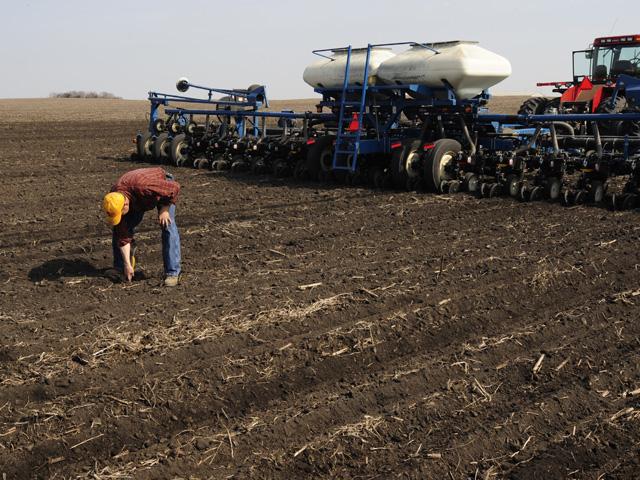
At the climate summit in Dubai, an attempt was made to write farmers out of existence.
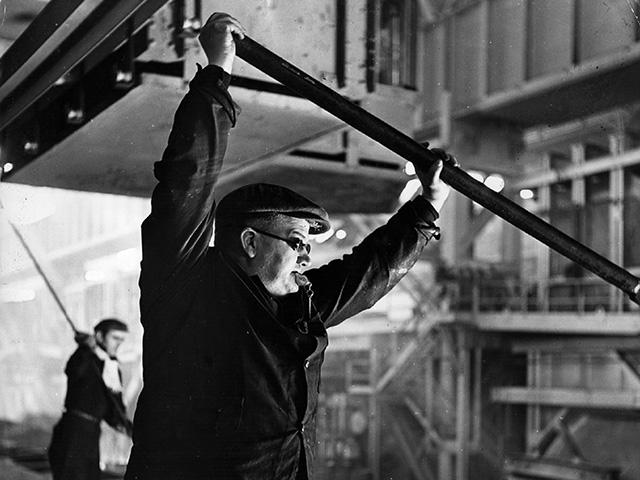
The proposed acquisition of U.S. Steel by Nippon Steel is provoking controversy, stoking memories of the angst Americans felt about Japanese investments 35 years ago.
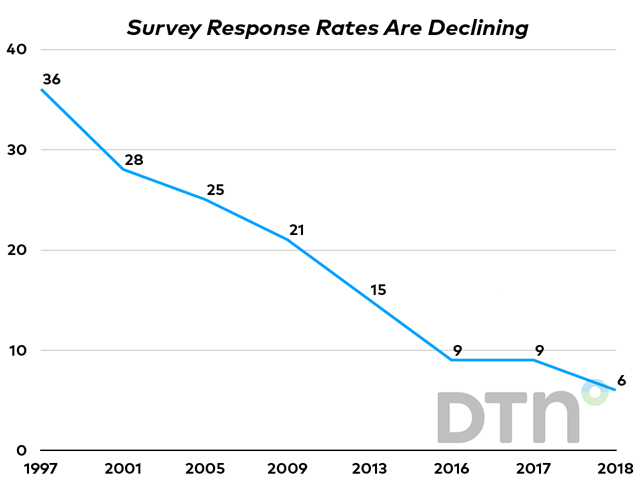
As pollsters wrestle with declining responsiveness, data quality suffers.
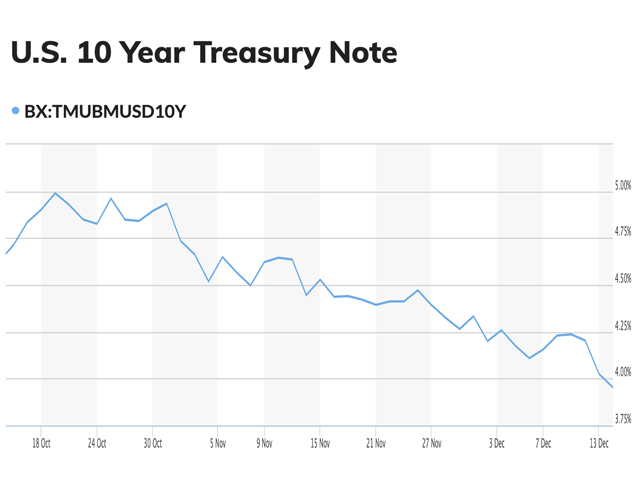
Federal Reserve policymakers are now projecting three interest rate cuts next year and the interest rate on the 10-year Treasury note has declined dramatically in recent weeks.
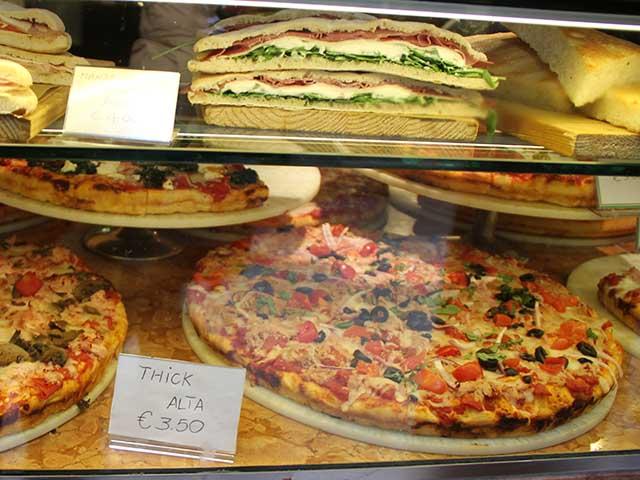
Italy's farmers lobbied hard for a law banning meat grown in laboratory bioreactors from stem cells. In November, Italy enacted the law.

The seven-decade conflict between Israelis and Palestinians is a good example of what happens when people refuse to accept that their maximalist goals are unachievable.
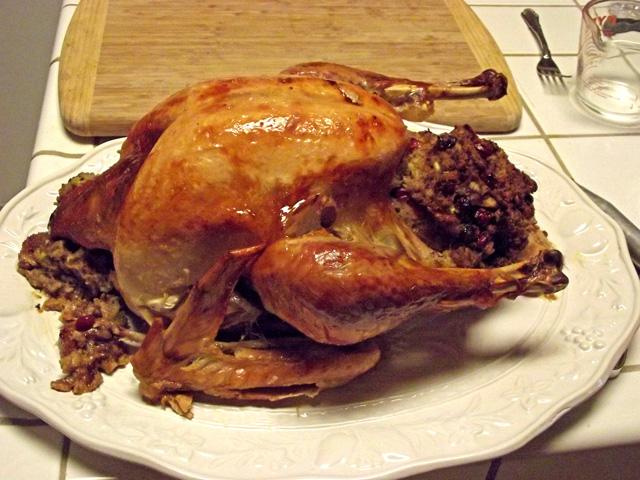
Liberals and conservatives aren't as far apart on teaching American history as partisan politicians and pundits would have us believe.
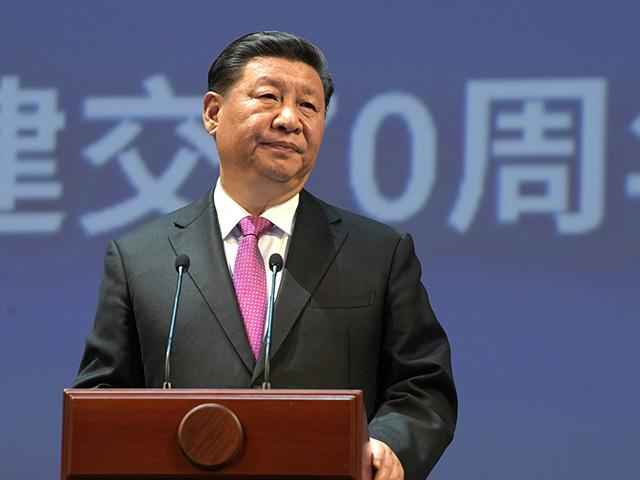
There are economic consequences to China's return to less pragmatic, more Marxist-Leninist policies.
DIM[2x3] LBL[blogs-an-urbans-rural-view-list] SEL[[data-native-ad-target=articleList]] IDX[2] TMPL[news] T[]
DIM[2x3] LBL[blogs-an-urbans-rural-view-list-2] SEL[[data-native-ad-target=articleList]] IDX[5] TMPL[news] T[]